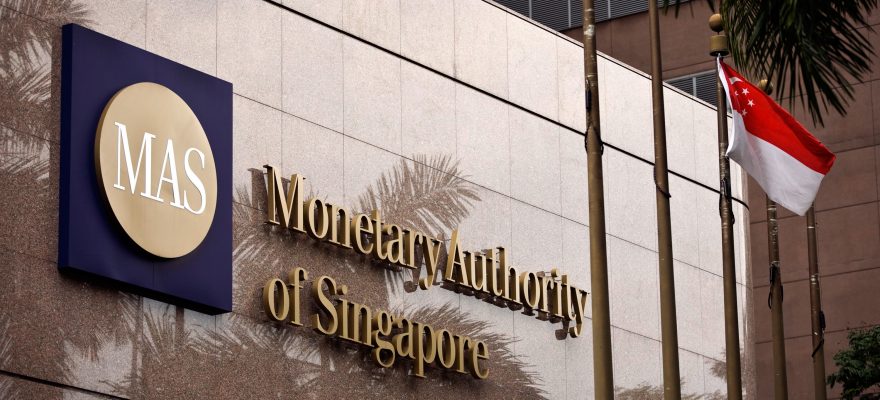
CENTRAL BANK OF SINGAPORE HAS PROVIDED UPDATED GUIDANCE FOR THE ICO COMPANIES
The Monetary Authority of Singapore (MAS), the current Central Bank of the country, presented updated rules for organizations that attract financing through initial coin offerings (ICO’s).
The change in the rules of the ICO followed the recent announcement of the MAS on the introduction of a new blockchain system for non-cash payments in tokenized assets in the country’s financial institutions.
Initially, MAS made amendments to the existing rules of ICO regulation, adopted by the office last year. The changes affected the legal regime for making payments and disclosed the Central Bank’s position on how intermediaries should comply with the standards for combating money laundering (AML) and the financing of terrorism.
MAS intermediaries include all participants in the ICO, including individuals and legal entities: issuers of the tokens, an online platform for distribution and trade, as well as the ICO projects financial consultants and advisers.
Thus, according to the new rules, the ICO issuer must obtain a license to provide services in the capital markets, financial advisors must obtain a license from the FAA financial advisor, and the trading platforms must obtain MAS approval and have permission to conduct operations with securities.
The new rules state that all intermediaries in the course of participation in ICO activities are obliged to “take appropriate actions to assess, understand and identify the risks associated with money laundering and terrorist financing”. Also, all participants must develop and meet the requirements of MAS procedures for the verification and control of customer transactions, based on their transactions’ records.
Recall also that in mid-November, the Central Bank of Singapore developed a bill on payment systems, which includes the regulation of companies working with cryptocurrencies. If the draft law is adopted, such services will have to obtain three types of licenses, depending on the volume of transfers.



